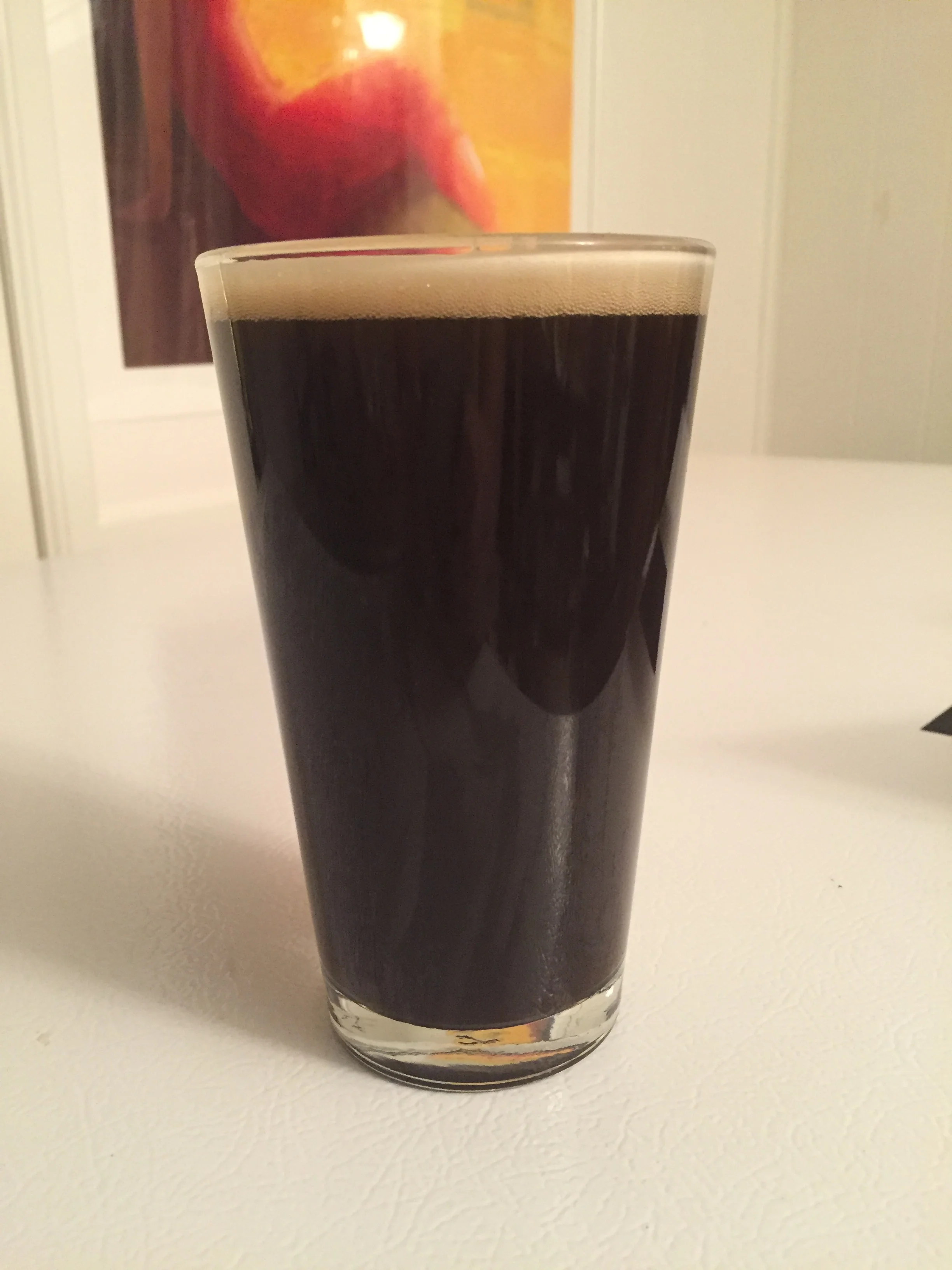Spring Brewing - Ettaler Curator Clone Doppelbock
/Ever since our trip to Germany last Fall (see Old World Mashing post), I've wanted to brew a doppelbock. The doppelbock style originated in Munich in the 17th century. It is a darker version of the Bavarian Bock beer. The Oxford Companion to beer defines a doppelbock as a strong beer with minimum original gravity of 18 degrees Plato and a typical alcohol content beyond 7% ABV.
When I was ironing out my recipe, Evan and I bought a selection of doppelbocks to taste test. The Weihenstephaner Korbinian is delicious and roasty. The Eggenberg doppelbock was lighter and very drinkable. The Aecht Schlenkerla Eiche ("Oak Smoke") is smoky and delicious, but I wanted to make a more classic doppelbock. The Samichlaus Classic is sweet and fruity and dark with a warm alcohol burn on the way down. Definitely stronger than what I was going for. They were all good in their own ways, but Ettaler Curator remains my favorite doppelbock.
I was first introduced to Ettaler Curator at a beer tasting at Medieval Madness. All of the beers in the tasting either had a medieval heritage or were actually available in the Middle Ages. Ettaler Curator, brewed by Klosterbraueri Ettal in Ettal Germany, was by far my favorite. Since then, I've discovered that Ettaler Curator is relatively difficult to find in the States. I live in the DC metro area and the only reliable place to get it is John Strongbow's Tavern on King Street.
While researching potential doppelbock recipes, I found a Ettaler Curator Clone recipe from a September 2008 issue of Brew Your Own magazine. I decided to try it out, with minor changes.
I used a mash tun instead of the steeping bag called for in the original recipe. I mashed in at 110 degrees F and let sit for 20 minutes. Then I took 15 quart scoops of thick mash out of the mash tun and boiled the shit out of it. I added it back in to get the mash up to 145-ish. I let that sit for half an hour. For the second decoction, I took 15 quart scoops of thick mash out of the mash tun and boiled it. After getting it to a good rolling boil, I added it back to the mash tun to get it up to 155 degrees F. After getting the mash to 155, I let it sit for an hour. After an hour, the plan was to remove a thin mash from the mash tun, boil it, and re-add it to the mash to get it up to 165. However, when trying to pull the thin mash, I ran into a snag.
When it came time to do the thin mash, no wort would drain from the mash tun. Later, we learned that this was because the filter at the bottom of the mash tun had been completely effed from use and abuse. Luckily, we had a large strainer bag to use to filter the wort from the grain. This was a messy process we had to do twice: once to take the thin mash and once to lauter at the end. Despite the claims Budweiser makes in their commercial, I believe having to use a strainer bag to filter wort after your mash tun filter fails and after spending all afternoon decoction mashing is truly brewing the hard way.
After I had boiled the thin mash, we added it back into the mash tun get the mash to 165. After letting it sit for 15 minutes, we lautered, draining the wort from the mash.
Instead of the two hour boil that the recipe calls for, I did a 90 minute boil. I used 1 oz of Magnum hops added in at 90 minutes. The boil was without issue. After cooling the wort, the original gravity came out to 1.112, which is higher than I expected based on calculations, so efficiency was very good. The beer is now in the mini fridge, fermenting at around 50 degrees.
Have you noticed that most doppelbock names end in "-ator"? Ettaler Curator, Troeganator, etc. This helps to indicate the style, and is also an homage to the original popular doppelbock, Paulaner's Salvator. I still need to come up with a good -ator name for my fermenting doppelbock. I was thinking Hibernator might be a good spring one, but I also like Instigator and Castigator. You can find a list of potential -ator names here and here.
I'm really looking forward to drinking this doppelbock when it is finished! I am already saving bottles in anticipation.
Spring Doppelbock
14 lb. 4 oz. (6.5 kg) Dark Munich malt (20 °L)
4 lb. 12 oz. (2.2 kg)Light (normal) Munich malt (10 °L)
11 oz. (0.31 kg) Carafa III malt
14 AAU Yakima Magnum hops (90 min.)
White Labs WLP833 (German Bock) yeast
Mash in at 110
First decoction to bring main mash to 145
Second decoction to bring main mash to 155
Thin decoction to mash out at 165
90 min. boil
Primary 50-54deg for 2 weeks, Rest for 4-7 days at 68-70, lager as desired.















